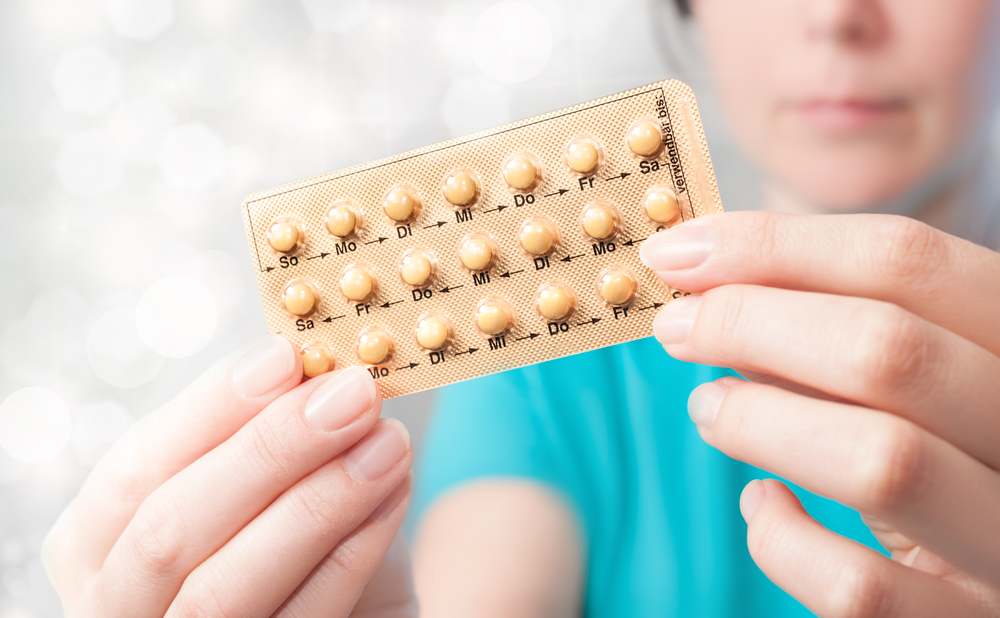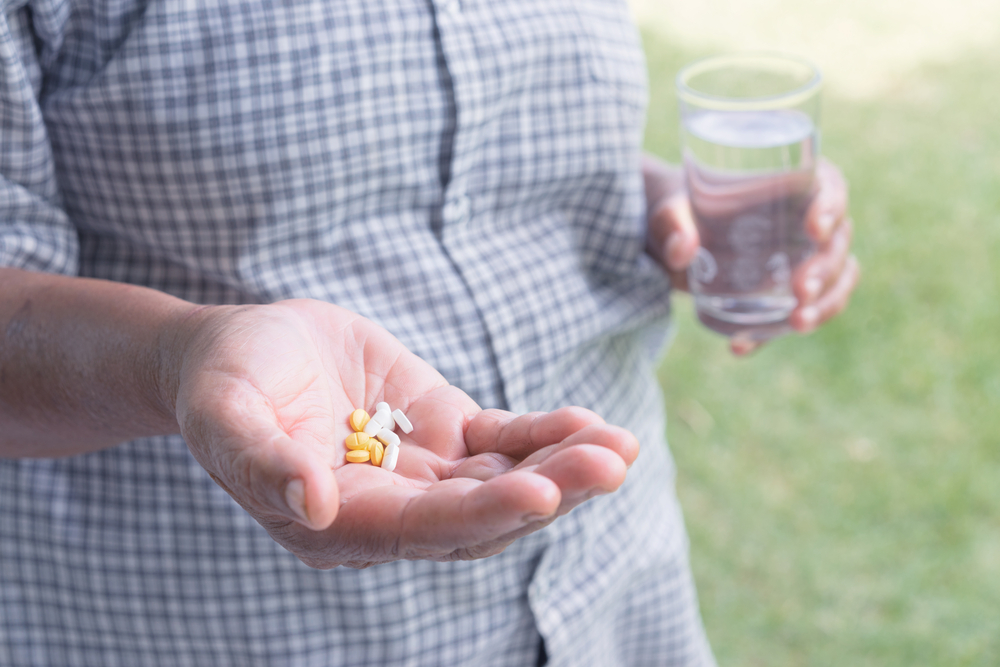Contents:
- Medical Video: A Mother's Love (Cancer Hoax Documentary) - Real Stories
- Little milk production makes babies need extra milk
- Who needs ASI donors?
- 1. Mother's breasts are not well developed during pregnancy
- 2. Have had breast surgery
- 3. Trauma due to childbirth
- 4. Flat nipples, inward, or very large
- 5. Breast milk does not come out until the fourth day after birth
- 6. Mothers experience health problems
Medical Video: A Mother's Love (Cancer Hoax Documentary) - Real Stories
After giving birth, the mother's assignment is not finished. Mothers must provide breast milk for their babies to support the growth and development of the next baby. Remember, breast milk is the most perfect food for babies. So, as much as possible give your baby breast milk until he is 6 months old. For some mothers who have problems giving breast milk to their babies, mothers may be able to try to get ASI donors from other mothers.
Little milk production makes babies need extra milk
Some mothers may feel the milk production is small, this can be just the feeling of the mother. Mostly, this can be corrected over time. But in some cases, the supply of breast milk which is slightly irreparable and makes the baby at risk of dehydration and malnutrition, which can inhibit his growth.
Some signs that babies don't get enough milk are:
- Babies continue to lose weight
- Babies are less frequent wetting, less than 6 diapers for 24 hours, and baby urine is darker in color. Likewise with baby stools that are fewer and dark in color after the first five days.
- Babies are more fussy and lethargic for no apparent reason. As well, it looks dissatisfied after breastfeeding.
- Baby's mouth and eyes look dry.
Babies who do not get enough milk make mothers have to think about how to get babies to drink enough milk to support their growth. One way is by breastfeeding donors.
Who needs ASI donors?
Every nursing mother may have her own problem in giving breast milk to her baby. There are those who experience excess milk production and some who cannot even fulfill their baby's milk needs. Here, ASI donors may play a role. Mothers who produce a lot of milk can donate breast milk to mothers who cannot produce enough milk.
Some things that make mothers need ASI donors are:
1. Mother's breasts are not well developed during pregnancy
During pregnancy, the mother's breasts develop larger to prepare herself for producing milk. However, some mothers may not experience this. Sometimes, breasts that don't develop much during pregnancy produce only a little milk. If indeed you feel your baby needs more milk than you can give, maybe you need a breast milk donor.
2. Have had breast surgery
However, your breast's ability to produce milk depends on the type of surgery and where the surgical wound is in your breast. Surgery and a reduction in breast size around the nipples and areola may affect your ability to produce milk.
3. Trauma due to childbirth
Long-term births and difficult processes with many drugs entering the body or emergency caesarean section can cause physical and psychological stress. This can then interfere with breastfeeding at the beginning of the baby's birth until your condition recovers. At that time, you might need a breast milk donor to help supply milk to your baby.
4. Flat nipples, inward, or very large
Problems with the nipple can interfere with the process of breastfeeding the baby. Some mothers with these problems may be able to overcome them. However, if the nipples are flat because the breasts experience severe swelling or the nipples actually get inside so the baby cannot stick to the mother's breast properly, this is a problem and may require a donor's milk.
5. Breast milk does not come out until the fourth day after birth
Breastfeeding for the first time after giving birth may be difficult for some mothers. This is very normal. However, if it continues until more than the fourth day, this can cause the baby to become dehydrated and lose weight. Your baby may need ASI donors at this time.
6. Mothers experience health problems
If you have health problems, such as diabetes, polycystic ovary syndrome, or other medical conditions that interfere with breast milk production, you may need a breast milk donor to help meet your baby's milk needs.












